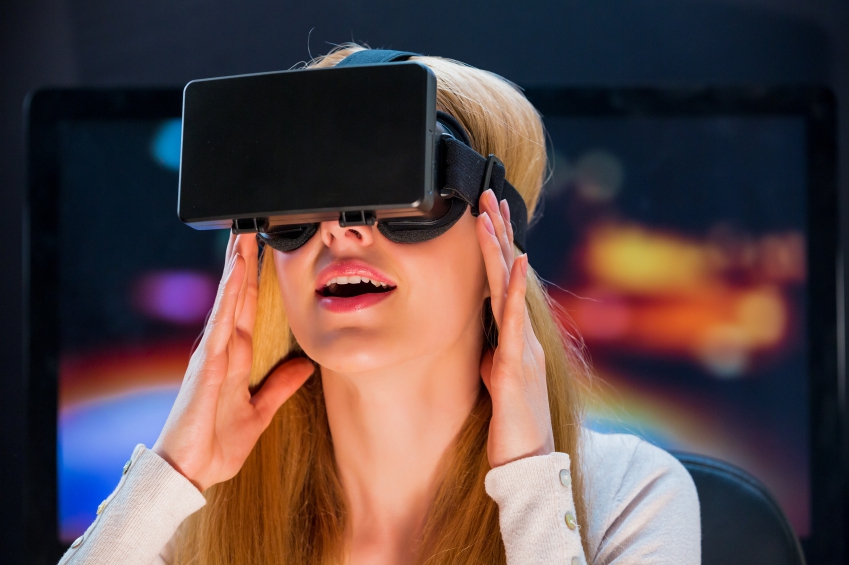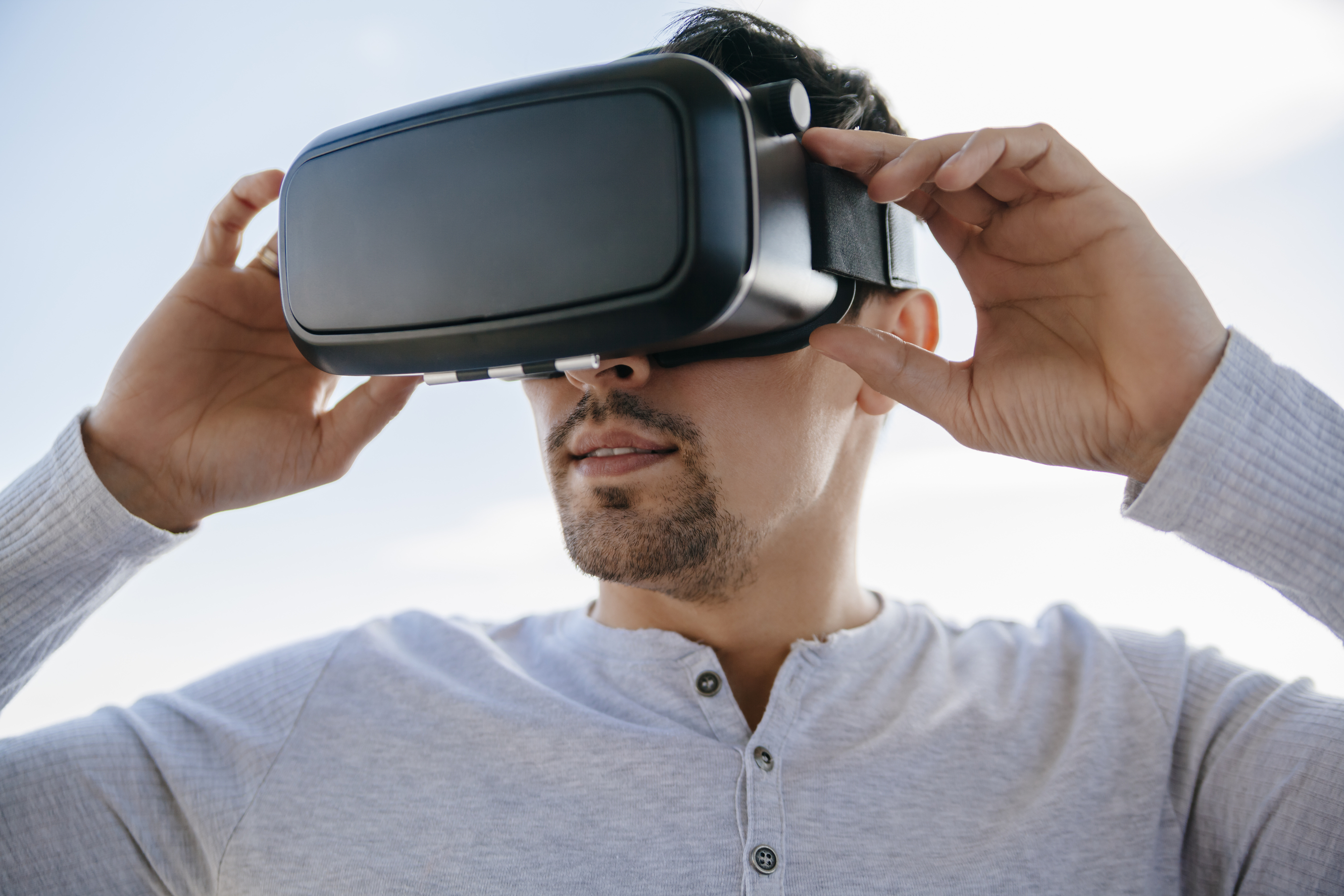Virtual Reality: A Reality for Businesses?
Virtual reality is in the news again.
With the introduction of the Oculus Rift and, more recently, Sony’s release of its PlayStation VR headsets, it couldn’t be clearer that virtual reality is still a big thing. While VR is not a new concept, as it was described in science fiction as early as the 1930s, it was the progress of digital technology that finally allowed it to come to life.

VR is still very much oriented and marketed towards the gaming industry – however, this is already changing, as a wide range of industries and businesses are interested in applying VR to their daily operations.
The automotive giant Audi is already implementing VR – and showing how virtual reality is indeed possible in business. The brand first explored the notion of interactivity in their Audi City, Audi’s flagship store in London’s Piccadilly. Microsoft Kinect allowed it to have touchscreen walls that displayed cars and car parts, and let visitors configure models the way they wanted.
Then they partnered with Zero Light to showcase ultra-high quality images that offer a realistic car experience.
The tourism industry can also benefit from virtual reality. The interactive technology will allow people to explore destinations and accommodations, who can ‘try before they buy’. While some people may think this is still a long way from happening, Thomas Cook is already proving them wrong.
By using Samsung Gear VR and commissioning Visualise to create a range of immersive virtual reality 360 films, the company offers a realistic demonstration of Thomas Cook destinations around the world. The experience was a success. Launched in January 2015, the initiative generated £12,000 in flights and hotel bookings in UK and Germany just in the first 3 months.

Other industries that will benefit from VR include architecture, retail and aerospace. As virtual reality advances, it will become more widely available to businesses, who will be able to offer increasingly interactive experiences – the future of VR in business, therefore, will change the way we shop, communicate and view everyday tasks.



